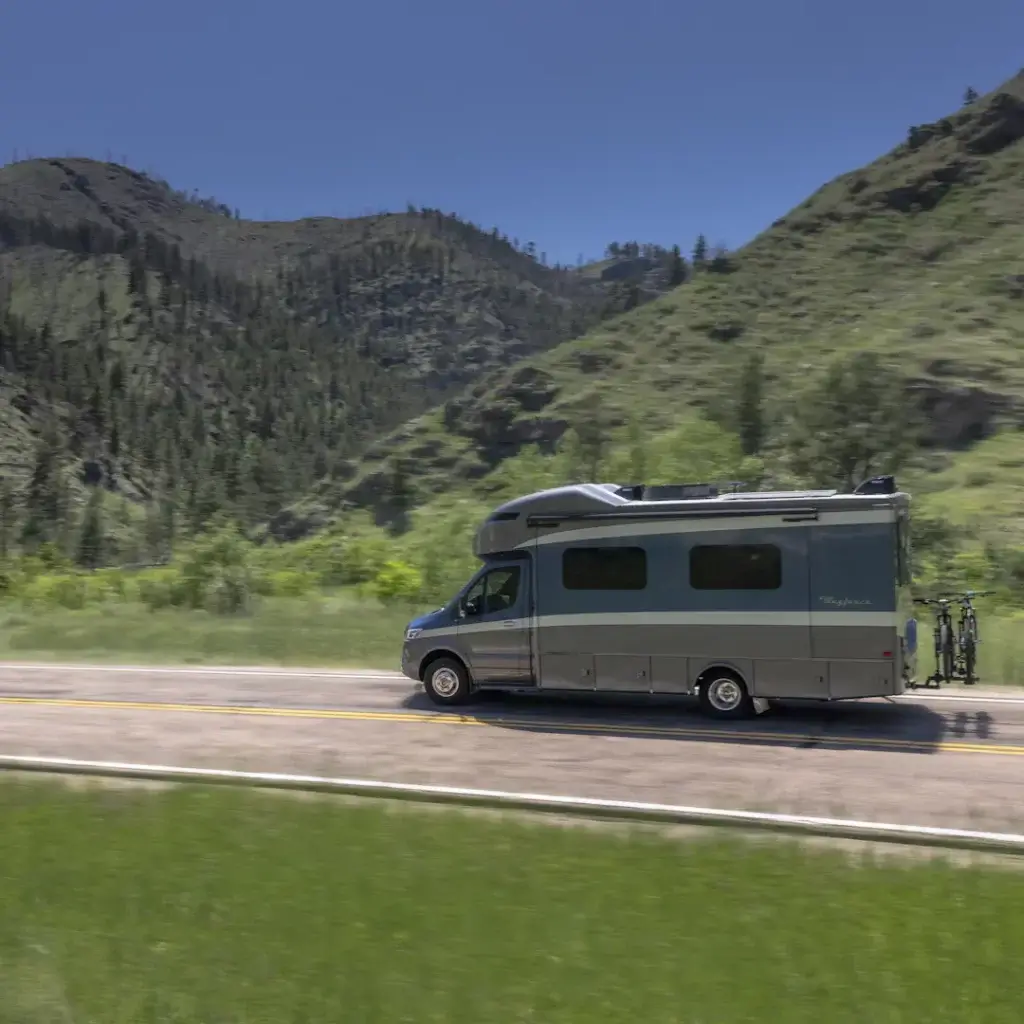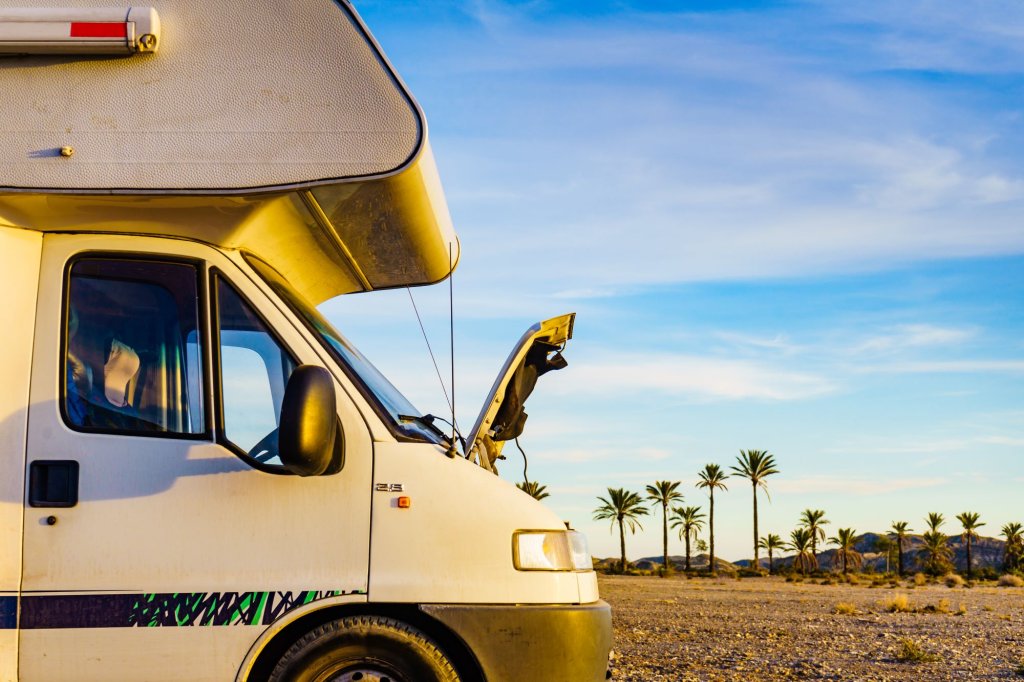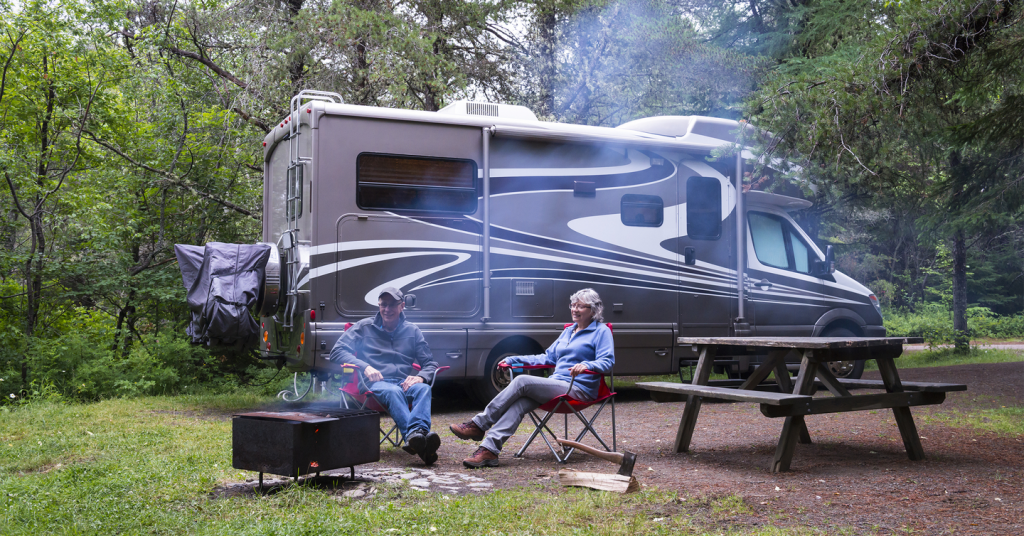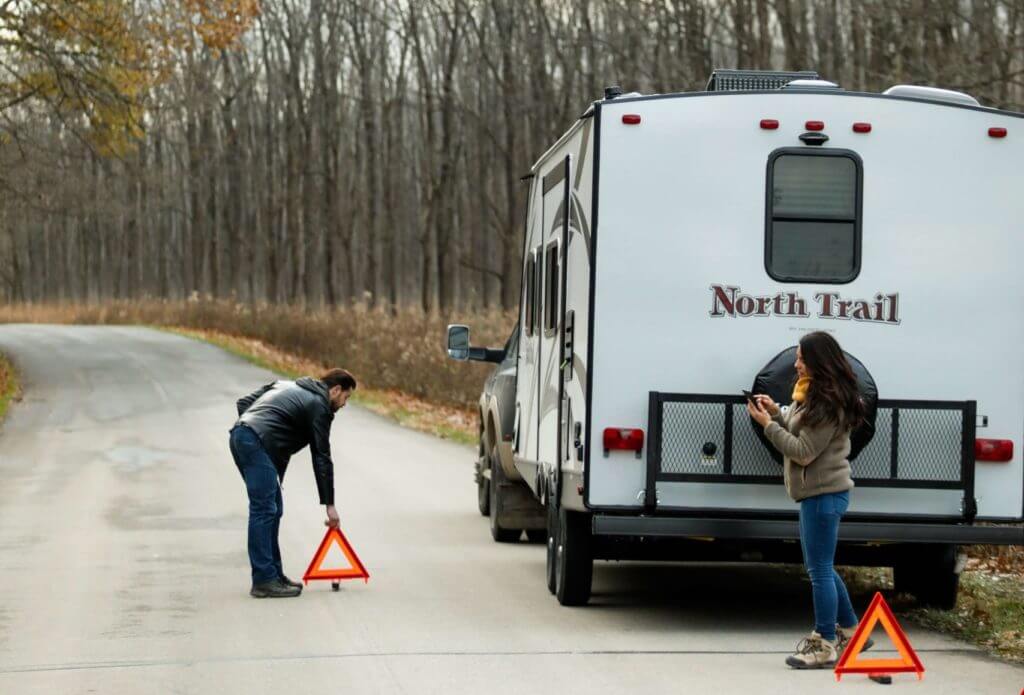Owning an RV brings unlimited freedom and adventure, allowing you to hit the road whenever the travel bug bites. However, this convenience comes with the responsibility of maintaining your vehicle. Knowing how to handle common repair issues and regular maintenance can save you time and money in the long run. Let’s break down some essential tips and strategies to ensure your RV remains in top condition for all your journeys.
Understanding the Basics of RV Maintenance
 Before discussing specific repair tips, it’s crucial to understand the standard maintenance tasks required to keep an RV in good shape. Regular maintenance ensures your safety on the road and helps prevent more extensive, costly repairs.
Before discussing specific repair tips, it’s crucial to understand the standard maintenance tasks required to keep an RV in good shape. Regular maintenance ensures your safety on the road and helps prevent more extensive, costly repairs.
Routine Check-Ups
- Inspect Tires: Regularly check the tire pressure and look for signs of wear and tear. Properly inflated and well-maintained tires improve fuel efficiency and handling.
- Examine Brakes: Ensure the brake pads, rotors, and fluid are in good condition. Properly functioning brakes are essential for safety.
- Test Batteries: The vehicle and auxiliary batteries need regular testing to ensure they hold a charge and are not corroded.
- Check Fluid Levels: Regularly check oil, coolant, transmission fluid, and windshield washer fluid levels.
Seasonal Maintenance
- Winterizing: Before storing your RV during the winter months, drain all water lines, insulate exposed pipes, and add antifreeze as necessary.
- Spring Preparations: Once spring arrives, inspect seals and seams for leaks, clear any debris from the roof, and ensure the air conditioning system is functioning correctly.
Regular Cleaning
Keeping your RV clean, both inside and out, reduces wear and tear:
- Exterior Washing: Wash the exterior regularly to remove dirt, debris, and salt.
- Interior Cleaning: Clean and disinfect the interior, paying special attention to areas prone to mold and mildew.
Common RV Repair Issues and How to Address Them
 Even with diligent maintenance, repairs are sometimes unavoidable. Knowing how to address common problems can keep your travels smoother and less stressful.
Even with diligent maintenance, repairs are sometimes unavoidable. Knowing how to address common problems can keep your travels smoother and less stressful.
Electrical System Problems
- Blown Fuses: Always carry extra fuses and check the fuse box if electrical systems fail.
- Battery Issues: Clean battery terminals and ensure proper connections to prevent starting issues.
- Lighting Malfunctions: Check bulbs and wiring if interior or exterior lights start flickering or fail to turn on.
Plumbing Issues
- Leaks: Regularly inspect your water system for leaks, especially at joints and connections. For minor fixes, use plumbing tape and sealant.
- Clogs: Use RV-friendly drain cleaners to avoid blockages in sinks and showers. Installing filters can help prevent clogs.
Appliance Failures
Whether it’s the refrigerator, heater, or air conditioner, it’s essential to know basic troubleshooting steps:
- Refrigerator: Check for proper ventilation and level position. Clean the condenser coils regularly.
- Air Conditioner: Clean and replace filters frequently. Inspect and clear the roof unit’s coils.
- Heater: Ensure the pilot light works correctly and the thermocouple is not blocked.
Expert Tips for Prolonging RV Life

Store Your RV Properly
Proper storage can protect your RV from unnecessary damage, especially during off-seasons. Consider the following:
- Covered Storage: Whenever possible, store your RV under a cover or in a covered facility to protect it from weather elements.
- Humidity Control: Use dehumidifiers or moisture absorbers to prevent mold and mildew.
- Tire Care: Place the RV on blocks or boards to alleviate constant tire pressure, preventing flat spots.
Regular Professional Inspections
Periodic inspections by professionals can detect issues you might overlook. At least once a year, take your RV to a trusted service center for a thorough examination.
Keep Up with Manufacturer’s Recommendations
Stick to the maintenance schedule recommended by your RV’s manufacturer, including service intervals for the engine, generator, and other key components.
Real-World Scenarios
To illustrate how regular maintenance and timely repairs can make a difference, consider these scenarios:
- Scenario One: John neglected to check his tire pressure regularly and faced a blowout in the middle of a remote area, resulting in costly towing and repair.
- Scenario Two: Sarah followed a strict maintenance routine and detected a small water leak early. She fixed it with minimal effort, avoiding what could have turned into substantial interior water damage.
- Scenario Three: Mark used his RV frequently and didn’t winterize it properly one season. This oversight caused frozen pipes, leading to expensive plumbing repairs.
By paying attention to these maintenance tips and preparing for common repair issues, you can significantly extend the life of your RV and ensure many trouble-free adventures.
Need Further Assistance?
If you ever need professional repair services, reliable resources are available. Finding a trustworthy technician in different locations may pose a challenge for travelers. If passing through Utah, consider a pit stop at St George RV repair for reliable and efficient service.
Wrapping It Up
Proper maintenance and prompt repairs are vital to keeping your RV in excellent condition for your adventures. Pay attention to routine check-ups, seasonal maintenance, and common repair issues to ensure your vehicle’s longevity. With the right care, your RV can provide you with countless memories and road trips for years. Safe travels!

